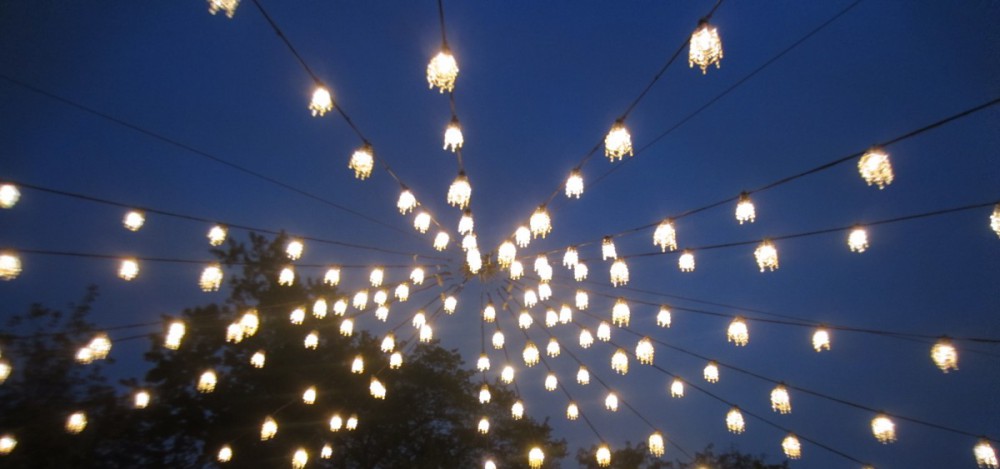Creating a perfecting my e-portfolio was a process, having OCD made me super detail oriented and I poured over making it just right. Though it will never be “done” I will say I am happy that it’s on an upward path. I have changed the theme half a dozen time moved and reorganized content and played with all the settings and widgets I could find. After toying around myself and getting rather frustrated because I kept wrecking the home page I went to seek some help, first in the Itech lab on the sixth floor and then with Professor Belli.
The tech lab had some helpful tips to making the pages easier to manage when you’re brand new to the site and he was also able to reset the menu bar which I managed to mangle. The lab is good for quick tips and fixes but as Professor Belli mentioned it’s probably better to seek out the open lab team for all the widgets and plug ins because for I for the life of me could not get the twitter plug in to work right.
Today I went and met with Professor Belli to discuss content revision and placement and she also tried to help with the elusive twitter widget, to no avail though so ill be visiting the open lab team. I also learned how to customize my menu bar and make functional categories so my content can be grouped similar to how our class page is. Learning a few tips and tricks were helpful but I want to learn more about open lab and the features of it so I am able to maximize its benefits.
(added 11/17)When creating my about me I aimed to highlight my background info, where I came from, the important things about myself and my academic and career goals and then finally my hobbies. I aimed to make my professional stance known but also give myself a human side. By adding hobbies it shows what I enjoy and what balances my work and school life out.
Overall I think it’s a good way to keep track of your work and what potential employers may want to see or be looking for. I will add that i got my content to be featured on my twitter so thats pretty cool and i’m hoping it will gain some exposure. I think it would be helpful though if categories came pre populated and we were able to rename and use them so we don’t have to muck through so many different settings to get them to work. Meaning similar to how the pages come set up the categories should too. AND like i’ve said since practically day one I would love it if this site had its open app or at least was able to be signed into via the word press app. Being able to move and view content mobile would be huge! I plan on adding content both for classes as well as my own preference to showcase the best abilities i have both academically and personally and i’m hopeful that in conjunction with my twitter project that I will be able to share my content more freely.



